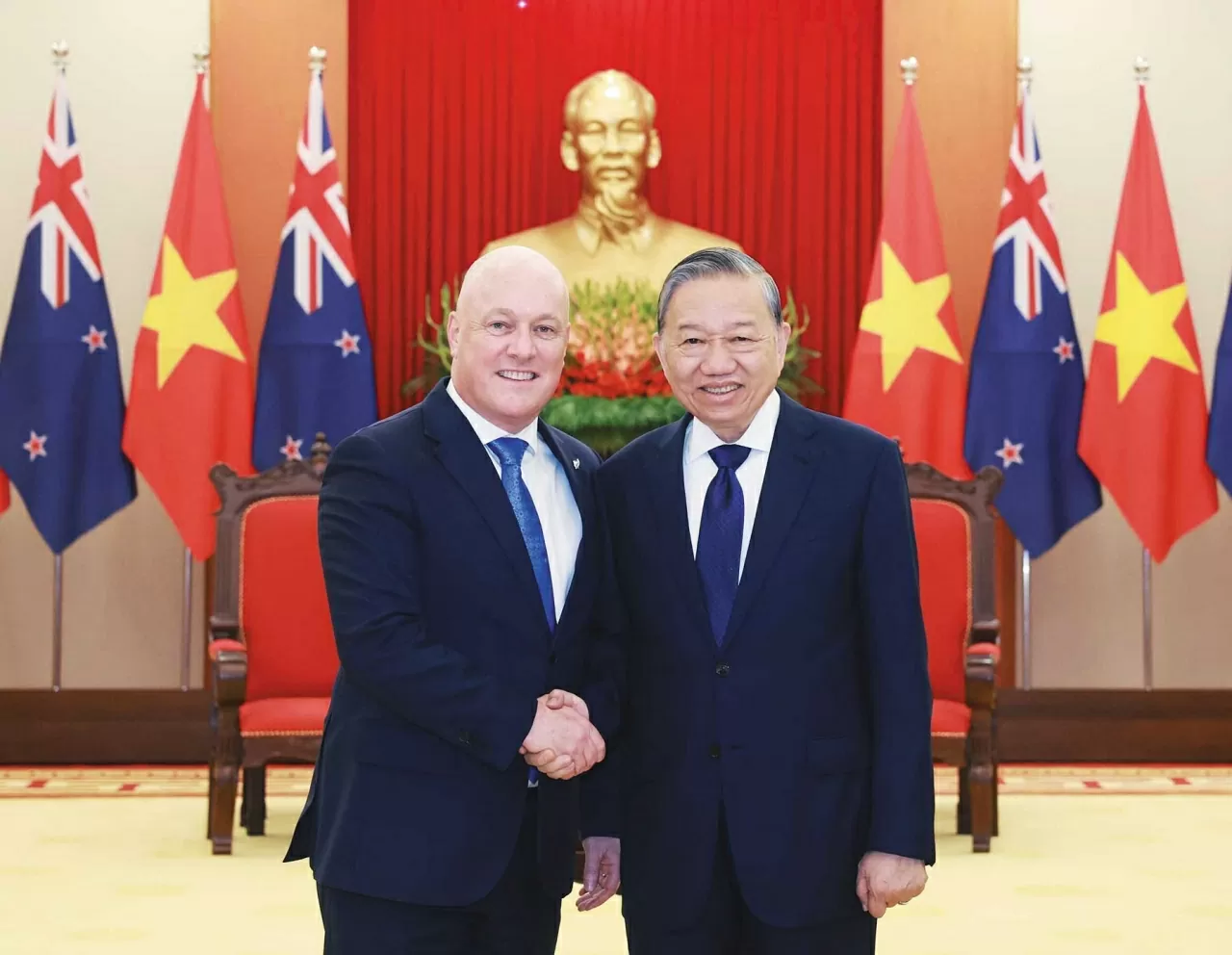 |
| General Secretary To Lam and New Zealand Prime Minister Christopher Luxon at the Party Central Committee headquarters on February 26. (Source: VNA) |
“With a young population, a priority on education and especially clear goals and aspirations for achieving stronger economic development, it is no surprise that Vietnam has made steady and rapid progress over the past 10-15 years,” said Mr. James Kember.
According to the former Ambassador, that development was strengthened by many factors, including contributions from the Vietnamese community abroad.
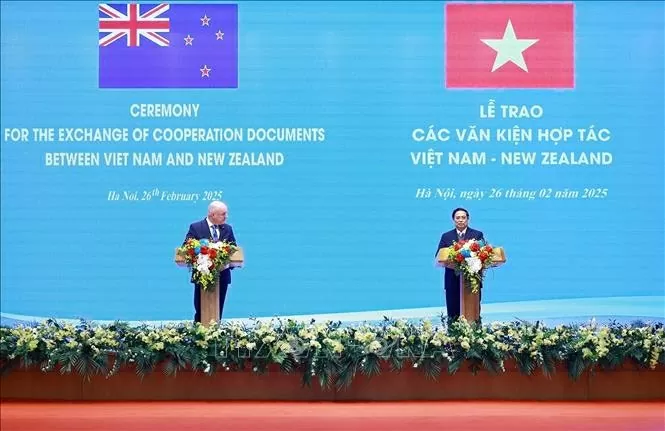 |
| On the afternoon of February 26 in Hanoi , Prime Minister Pham Minh Chinh and New Zealand Prime Minister Christopher Luxon announced the upgrading of Vietnam - New Zealand relations to a Comprehensive Strategic Partnership. (Source: VNA) |
James Kember remembers telling a colleague while in Vietnam that although Vietnam might be developing more slowly than other countries at the time, he was confident that the Southeast Asian country would grow at a much faster pace and soon surpass other economies. So far, his prediction has been correct.
Right from the first weeks after arriving in Vietnam in mid-2006, he realized that Vietnam highly valued and understood the importance of education, so he invested heavily in this field, considering it the future foundation for development, making strategic decisions on how to maximize opportunities. In fact, many Vietnamese students have come to New Zealand to study. This proves that Vietnam not only invests in education domestically but also encourages young people to study and learn abroad.
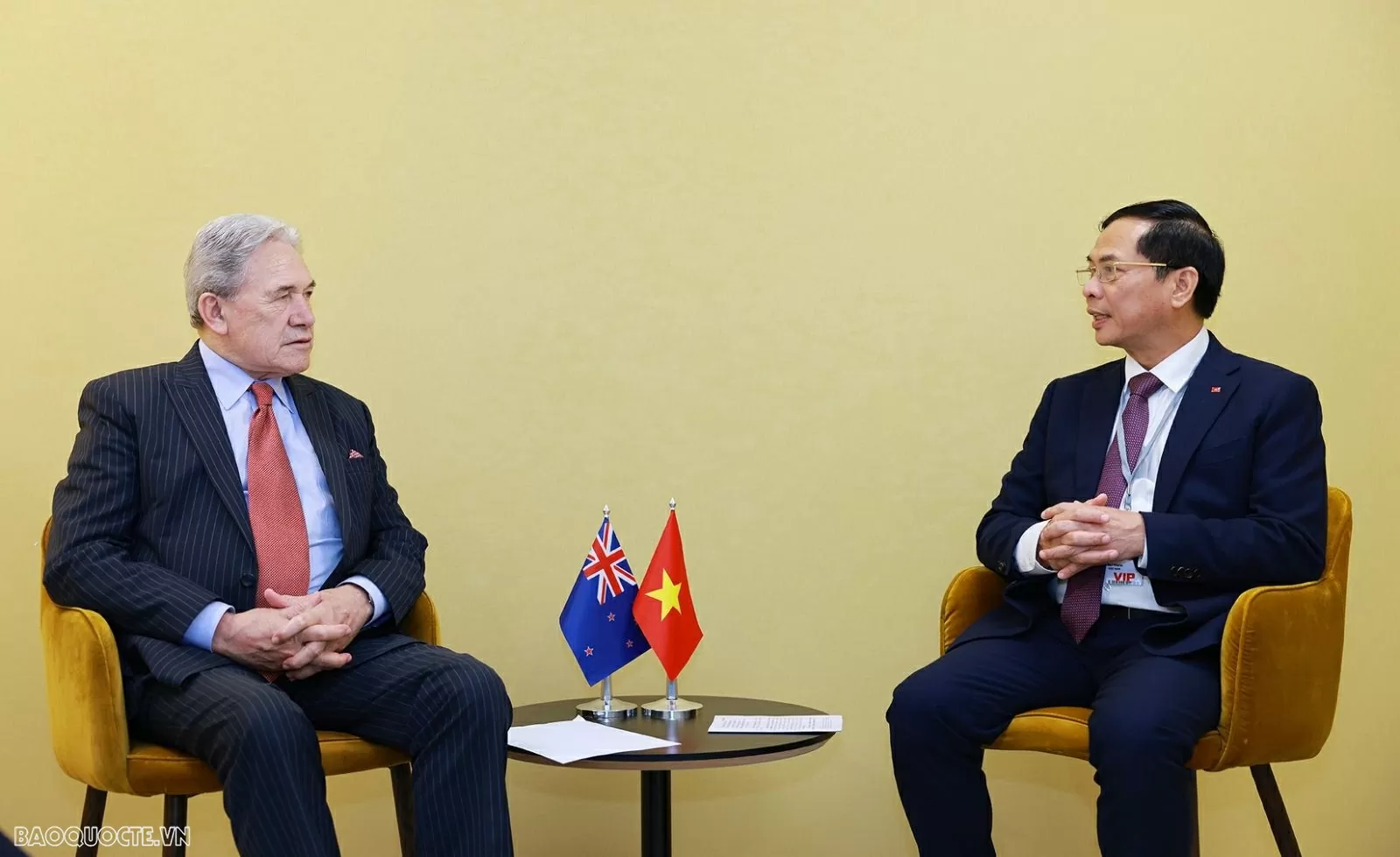 |
| Deputy Prime Minister and Minister of Foreign Affairs Bui Thanh Son received New Zealand Foreign Minister Winston Peters on the occasion of attending the 3rd United Nations Ocean Summit in Nice (France), June 9. (Photo: Duong Giang) |
In addition to the strong educational relationship between Vietnam and New Zealand, many New Zealand companies have participated in supporting Vietnam's economic development in industries such as food and dairy, manufacturing and service provision... The former Ambassador said that his time working in the S-shaped strip of land was extremely interesting and rewarding, and expressed his joy at witnessing Vietnam's transformation since then.
|
At that time, the New Zealand Embassy in Vietnam’s trade and development team was busy. During his travels across Vietnam, he was delighted to learn about ways New Zealand could contribute to development programmes in several provinces in Vietnam. New Zealand customs, defence and police attachés visited regularly to discuss ways to strengthen bilateral ties with their Vietnamese counterparts. Defence ties were promoted through naval visits, visits by senior military personnel and discussions on Vietnam’s potential contribution to UN peacekeeping operations.
As Vietnam takes on more responsibility for leading regional initiatives, the diplomat is delighted that New Zealand has been able to increase the number of English language training places for senior and mid-level Vietnamese officials. He was particularly pleased to be in the Southeast Asian country when Vietnam hosted the Asia-Pacific Economic Cooperation (APEC) forum in 2006 and to have been directly involved in the successful negotiations for the ASEAN-Australia-New Zealand Free Trade Agreement, which came into effect in 2010, shortly after he left office.
In the context of Vietnam and New Zealand upgrading their relationship to a Comprehensive Strategic Partnership in early 2025, Mr. James Kember said that the standards for cooperation between Vietnam and New Zealand have become increasingly higher, but it is important that actions speak louder than words. Vietnam and New Zealand have indeed had more in-depth exchanges that have benefited both countries.
Emphasizing the importance of finding common ground and identifying reasons for differences in the context of Vietnam and New Zealand both being located in the Asia-Pacific region, which is experiencing many changes, he assessed that trade relations, cooperation in areas such as defense, education and people-to-people exchanges are key to the bilateral relationship, requiring continuous efforts from relevant parties, both at the government and institutional levels, to turn aspirations into positive actions.
Source: https://baoquocte.vn/50-nam-quan-he-ngoai-giao-viet-nam-new-zealand-an-tuong-ve-mot-viet-nam-but-pha-317814.html



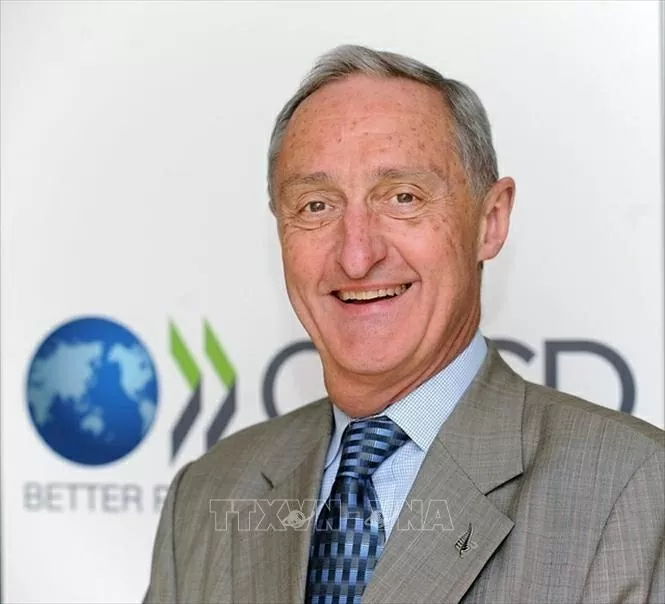
![[Photo] Red flag with yellow star flutters in France on National Day September 2](https://vphoto.vietnam.vn/thumb/1200x675/vietnam/resource/IMAGE/2025/8/28/f6fc12215220488bb859230b86b9cc12)
![[Photo] National Assembly Chairman Tran Thanh Man holds talks with New Zealand Parliament Chairman](https://vphoto.vietnam.vn/thumb/1200x675/vietnam/resource/IMAGE/2025/8/28/c90fcbe09a1d4a028b7623ae366b741d)
![[Photo] General Secretary To Lam attends the opening ceremony of the National Achievements Exhibition](https://vphoto.vietnam.vn/thumb/1200x675/vietnam/resource/IMAGE/2025/8/28/d371751d37634474bb3d91c6f701be7f)
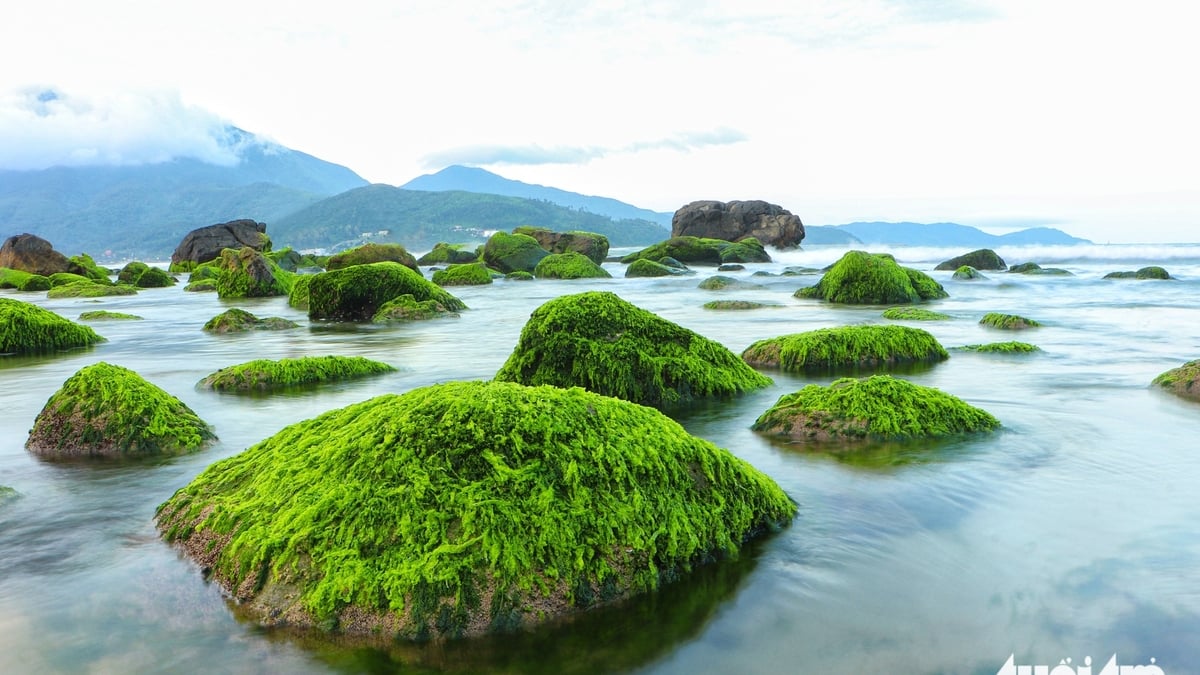

![[Photo] Politburo works with the Standing Committee of Cao Bang Provincial Party Committee and Hue City Party Committee](https://vphoto.vietnam.vn/thumb/1200x675/vietnam/resource/IMAGE/2025/8/28/fee8a847b1ff45188749eb0299c512b2)
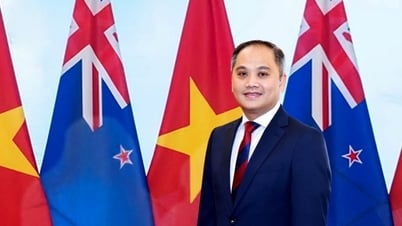
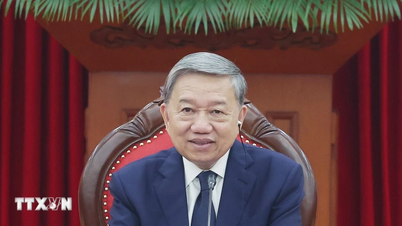



![[Photo] Welcoming ceremony for General Secretary To Lam and his wife on a state visit to Korea](https://vphoto.vietnam.vn/thumb/402x226/vietnam/resource/IMAGE/2025/8/11/71f0b8a96d5241679072385268dfe7dd)

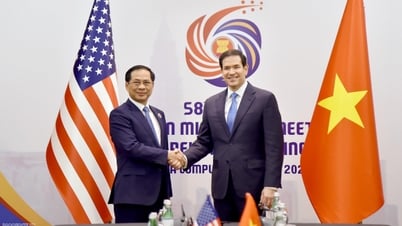
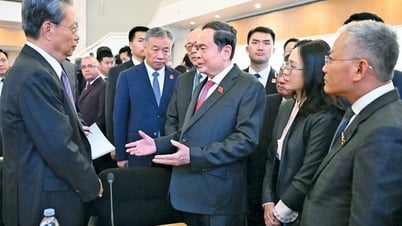

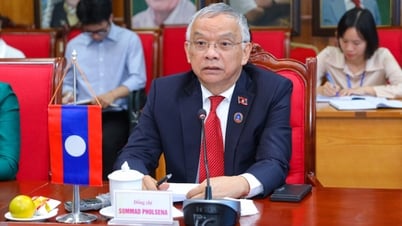

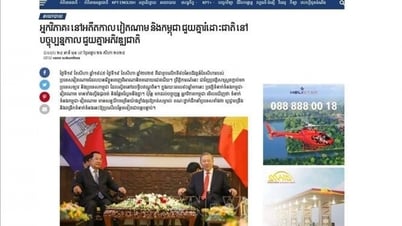
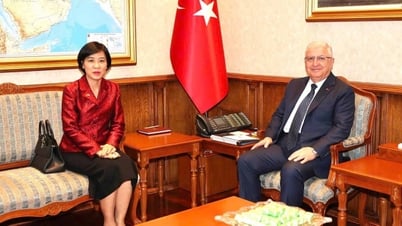
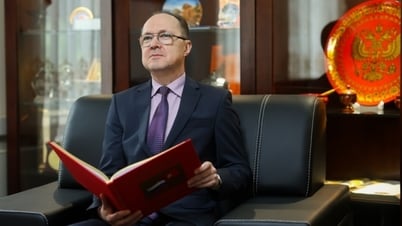
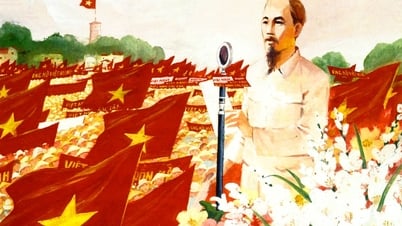





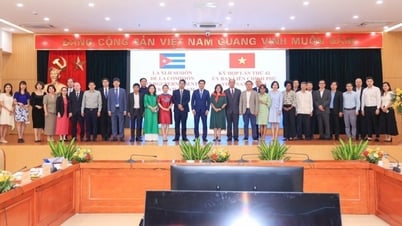



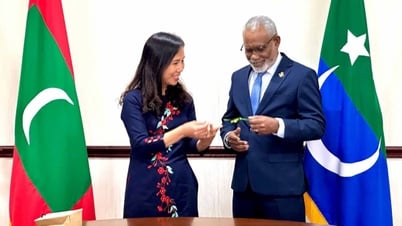
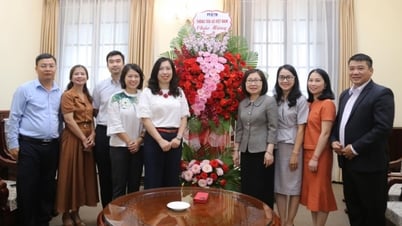
























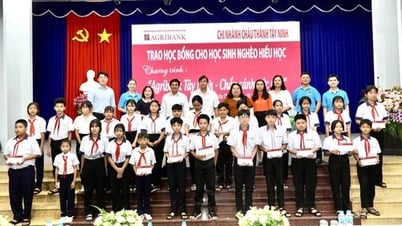


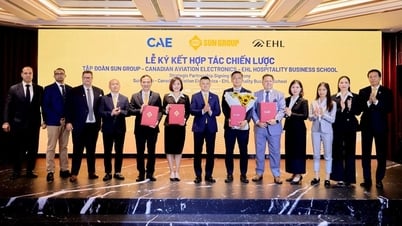










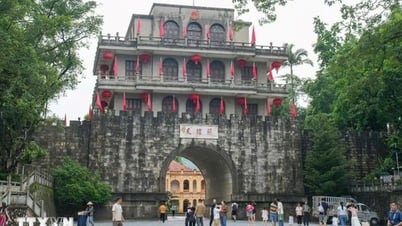




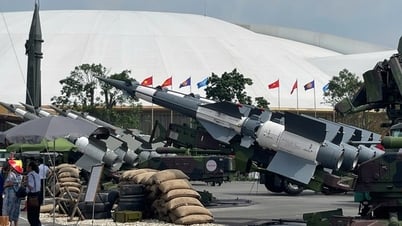

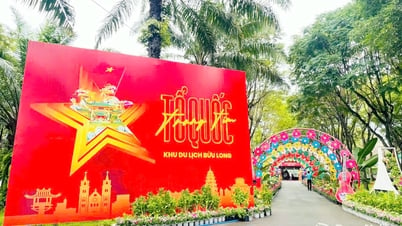

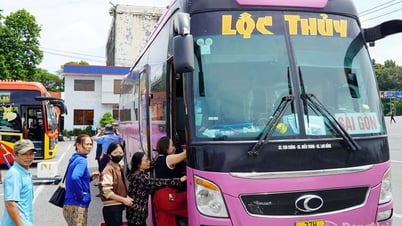
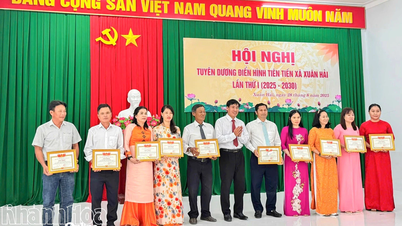

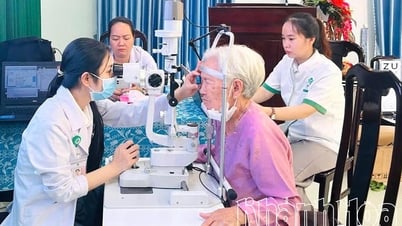
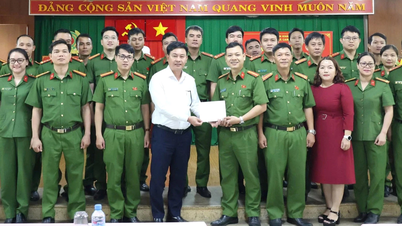












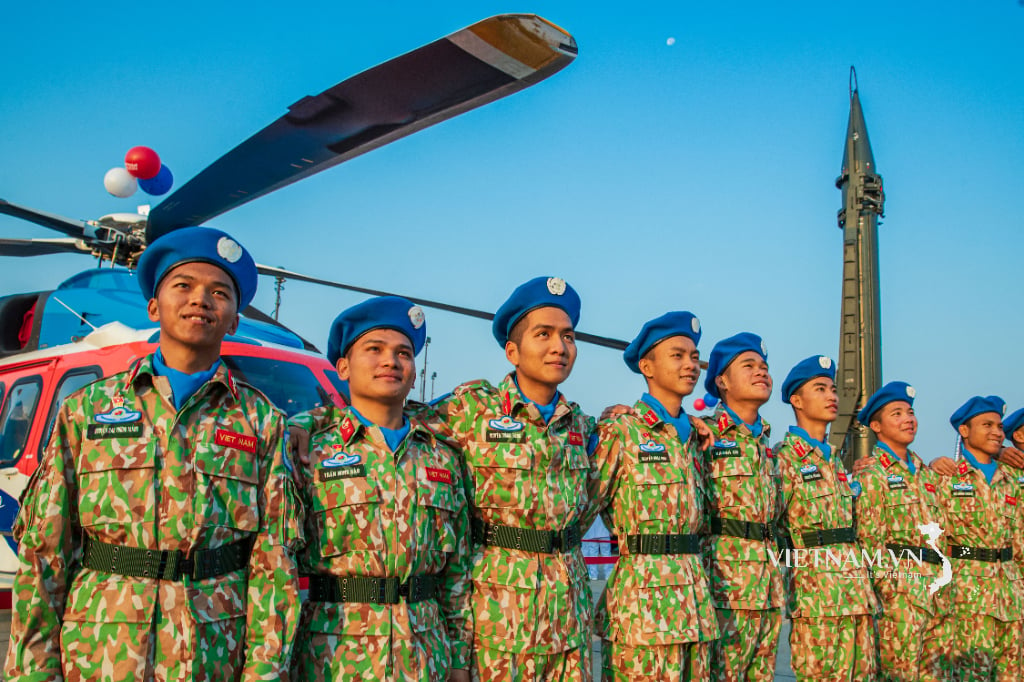
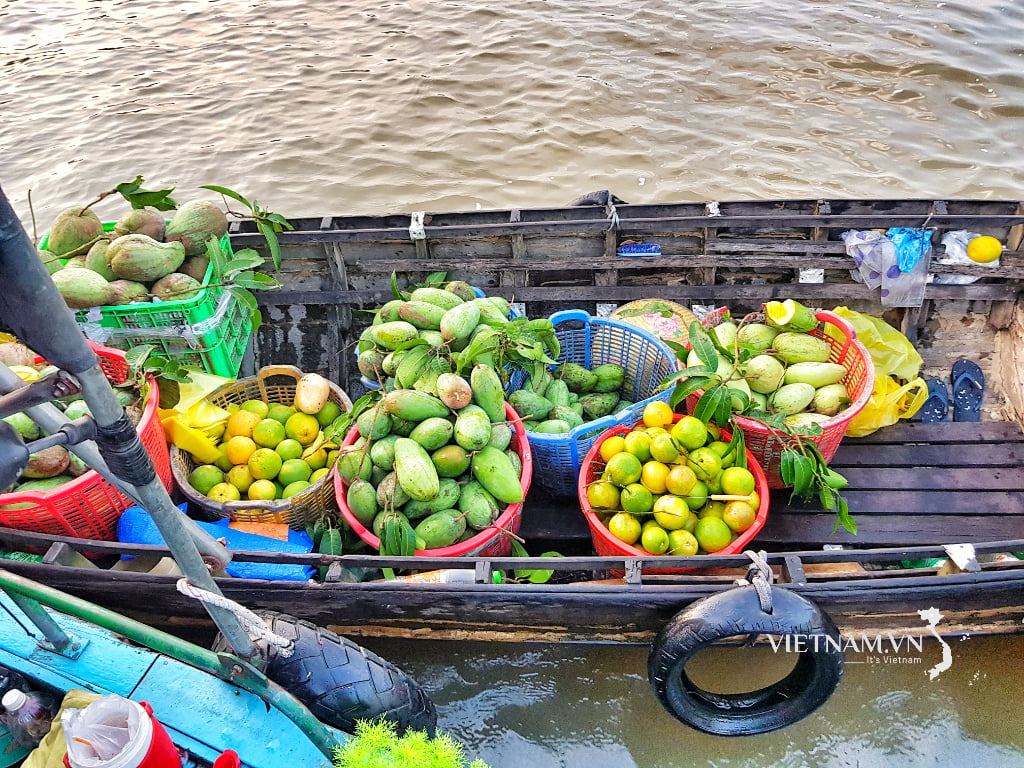
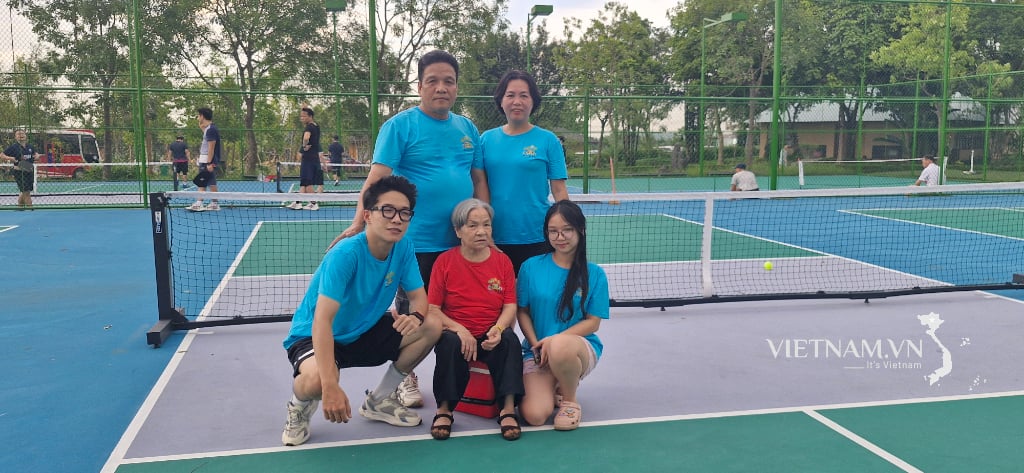

Comment (0)